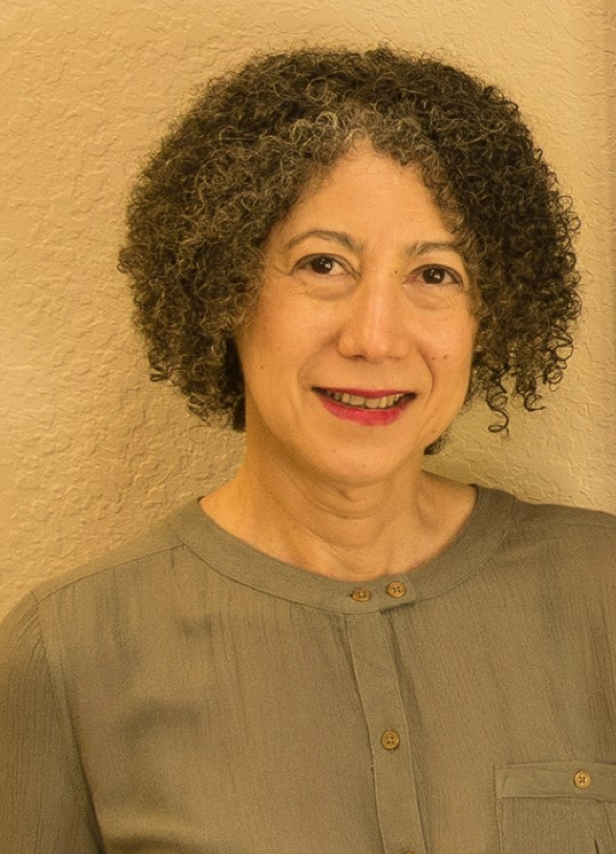
Lilian Comas-Diaz: Researcher for Multicultural Care
During National Hispanic Heritage Month, September 15-October 15, 2022, we celebrate Latinx leaders who have had a lasting impact on the world of phycology.
The final person we want to highlight this year is Lilian Comas-Diaz, PhD. American psychologist and researcher of multiethnic and multicultural communities, she was the 2019 winner of American Psychological Association (APA) Gold Medal Award for Life Achievement in the Practice of Psychology.
Though born in Chicago, Comas-Diaz would move at six years old to where her parents were originally from in Puerto Rico, living there until her twenties. She felt driven her whole life to be psychologist and after earning her BA and MA from the University of Puerto Rico, she went on to earn her PhD in clinical psychology from the University of Massachusetts, Amherst in 1979.
After graduating, working at the APA in the Office of Ethnic Minority Affairs, she quickly recognized that the field of psychology was not adequately addressing the needs of underserved populations and decided to become an advocate for those communities.
Becoming the APA director of the Ethnicity, Race, and Cultural Affairs Portfolio in 1984, she played a vital role in the founding of Div. 45 of the APA (Society for the Psychological Study of Culture, Ethnicity and Race). She later became Div. 45’s first treasurer and was the first editor-in-chief of its journal, Cultural Diversity and Mental Health.
Outside of writing for the journal, Comas-Díaz has published works related to racial trauma and how to address it from ethnocultural and multicultural standpoints. Her publications include Ethnocultural Psychotherapy (1996), Multicultural Care: A Clinician’s Guide to Cultural Competence (2012), and Multicultural Care in Practice (2013).
In an interview recorded at the 2011 APA Convention in Washington, DC, Lillian Comas-Díaz talks about her book, Multicultural Care: A Clinician’s Guide to Cultural Competence. “Culture is like the air we breathe — it really shapes everything; it permeates all life. Culture shapes the way we get sick, the way we interpret our distress, the way we think we’re going to heal, the way we see our healers. So, it really — if we don’t recognize the elephant in the middle of the consulting room, we would be missing almost 90% of what goes on with clients.”
Further talking about culturally confident clinicians, Diaz-Comas states: “Clinicians need to engage in cultural self-assessment — know thyself. Then they have to commit to an ongoing process of examining the realities of how culturally imbedded we are, we all are, patients and also clinicians. And then an awareness that we don’t know at all, a willingness to not only work with culturally diverse individuals but also to learn from our clients. And last but not least, clinicians, we need to be flexible in our approach when we work with culturally diverse clients.”
“I believe [the importance of being culturally competent with all patients and problems, regardless of cultural or racial backgrounds] is because we are all culturally diverse, every interaction including clinical interactions are cross-cultural in nature. So, if we are culturally competent or we aim to be culturally competent, that’s a way of being a better clinician. In fact, many scholars say that cultural competence is super-ordinate to clinical confidence because it embraces everything. So yes, I do believe that cultural competence is needed with all clients and with all problems.”
As more providers are working towards delivering more culturally competent care, psychologists of color like Comas-Diaz have played essential roles in the difficult transition towards a more inclusive and less ethnocentric field of psychology.
References
